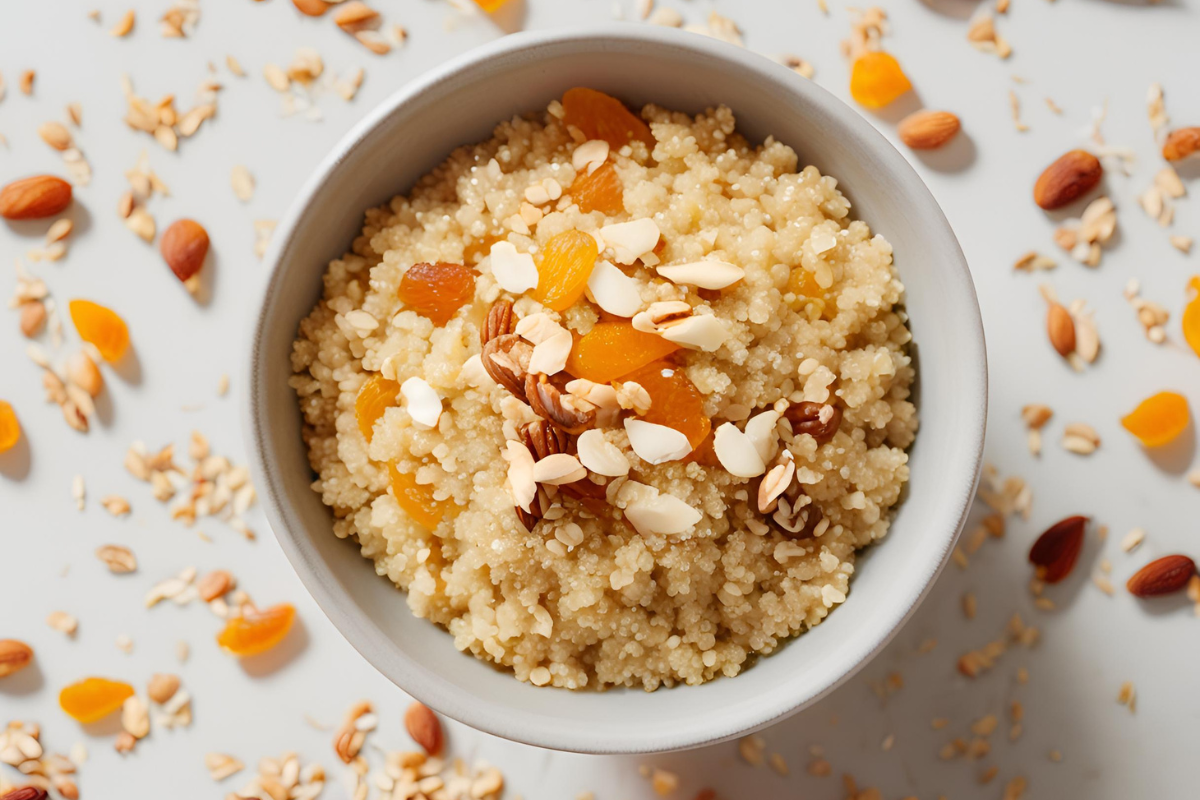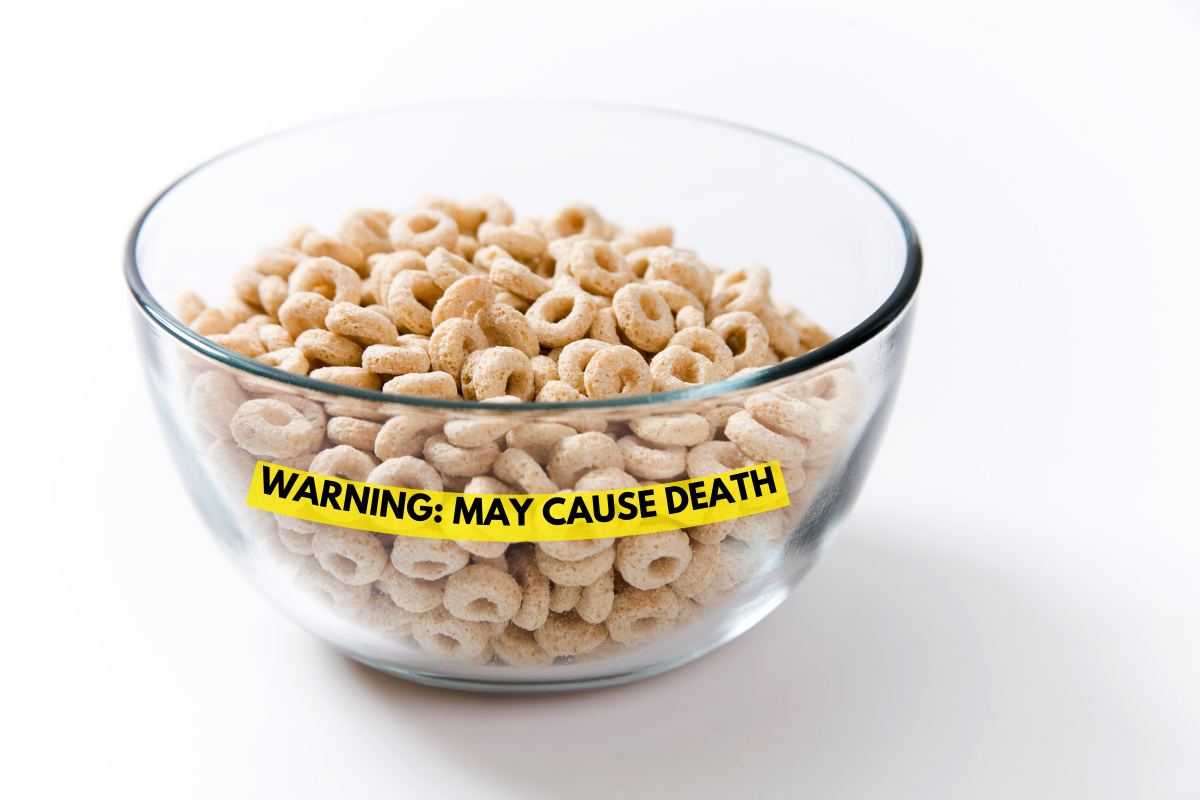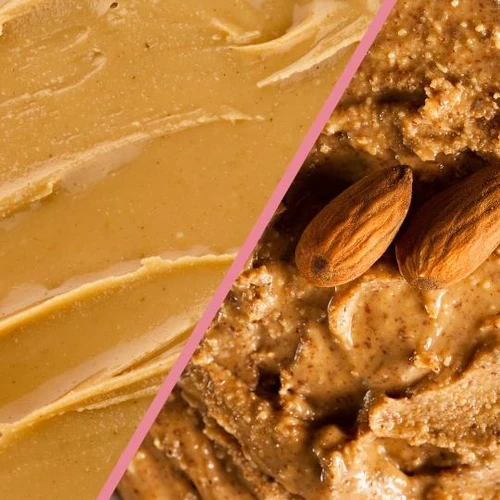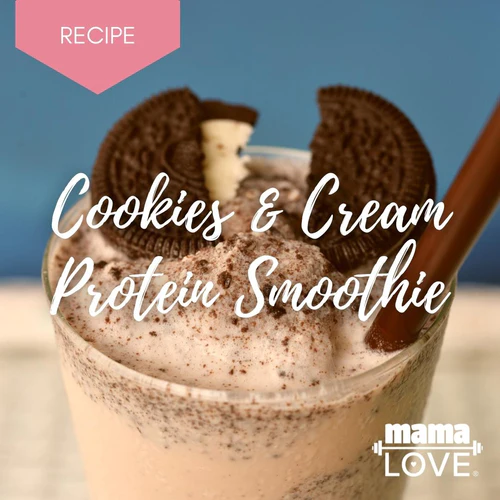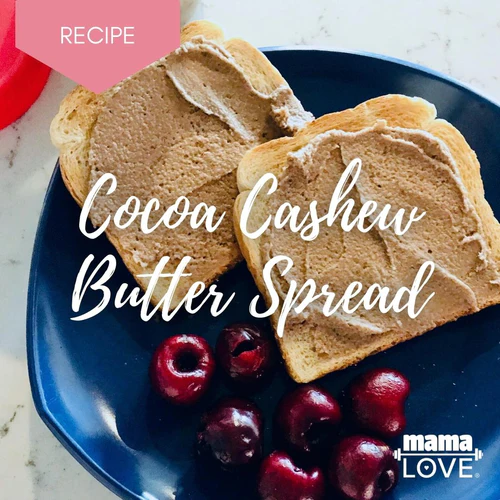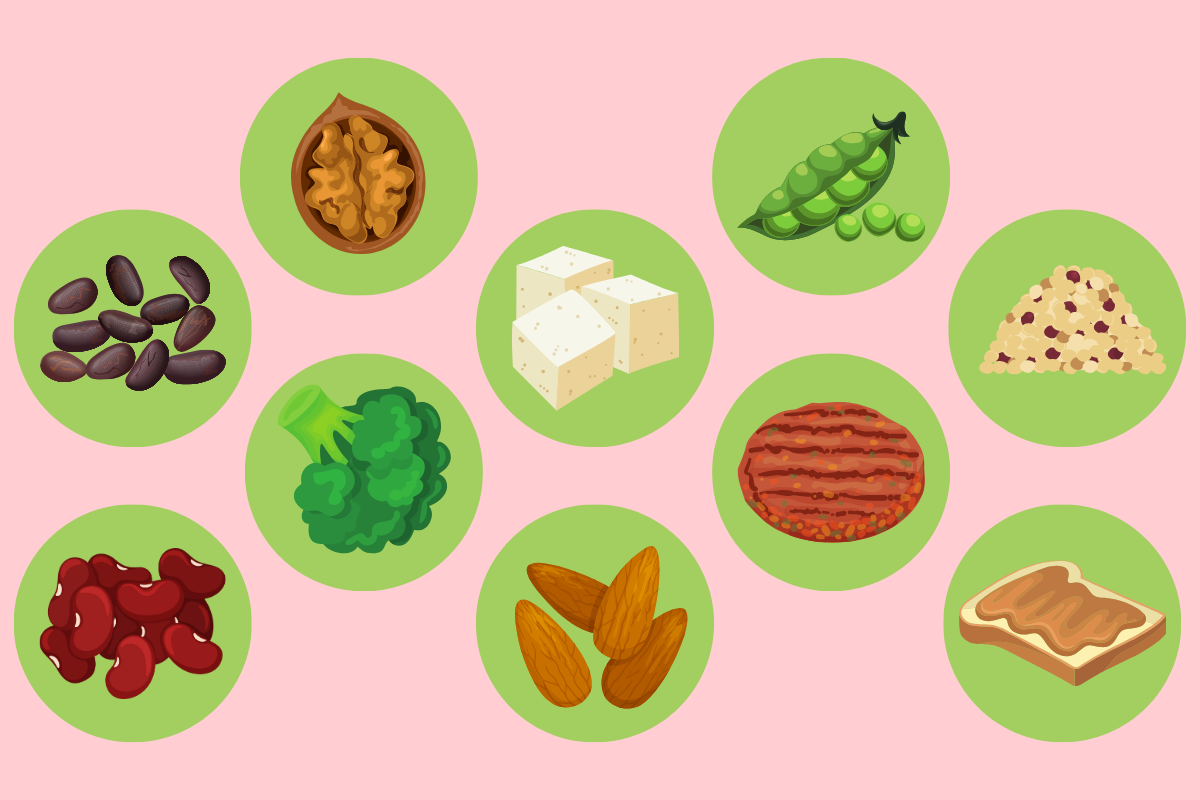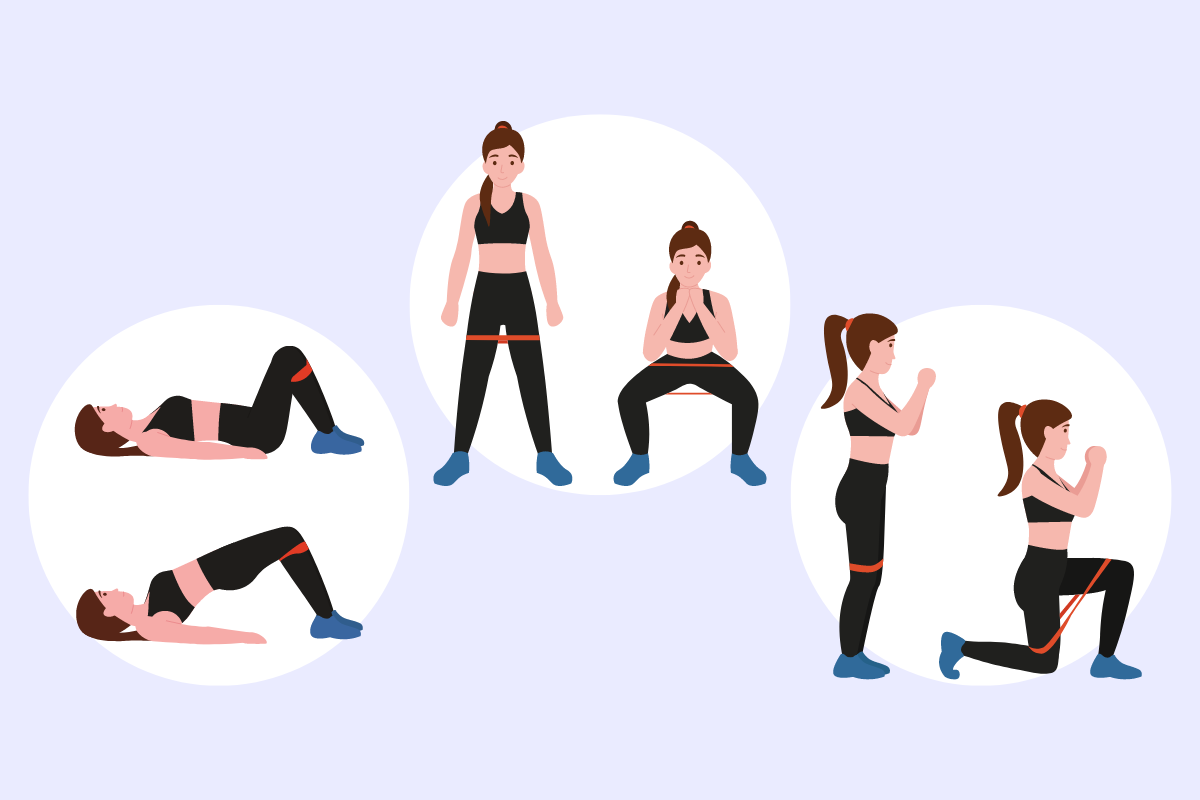
Everyone can use some good advice now and then. That’s why we’ve put together a phenomenal group of mothers and shakers to support Mama Love. These women are experts in their fields and provide feedback on all aspects of healthy living—nutrition, fitness, women’s health, and more!

Tracy Morris, MS, RDN, Nutrition Advisor
An international member of the US Academy of Nutrition and Dietetics and an accredited dietitian in three countries (South Africa, Australia, and the UK), Tracy is no stranger to doling out eating advice. She currently helps millions of fitness-tracker fans make better food choices. (Hi, Fitbit!) When she’s not working, practicing Pilates, or chasing after her three kids, Tracy can be found sipping pinot noir with husband in their backyard in Sydney, Australia.
Two Questions for Tracy:
Q. How much protein does a breastfeeding mom need?
A. “At least 1.1 grams of protein per kg of her body weight to make milk—that’s 74.8 grams a day for a 150-pound woman. And she needs even more if she’s exercising, too.”
Q. What are the best sources of protein?
A. “Everyone thinks of meat, but dairy, nuts, beans, peas, and whole grains, are also excellent. Pea protein is especially good when breastfeeding as it’s not likely to cause digestion issues for baby.”

Shivani Patel, MD, OB-GYN, Women’s Health Advisor
An assistant professor and physician at UT Southwestern, Dr. Patel specializes in maternal-fetal medicine and is dedicated to supporting the health and well-being of both mom and baby. Dr. Patel is a diplomate of the American Board of Obstetrics and Gynecology, a member of the American College of Obstetricians and Gynecologists, a member of the Society for Maternal-Fetal Medicine, and a Mama Love Advisory Board member. Of all her roles, she’s most proud of the one she has at home: mom to two girls, getting ready to rule the world.
Two questions for Shivani:
Q. What do you think of mama love chocolate protein?
A. “This is the first protein powder I can whole-heartedly recommend to new moms—all of the ingredients are top notch.”
Q. What’s the most common reason for low breast milk supply?
A. “Stress—nothing shuts breast milk production down faster! That’s why it’s so important to find activities, like exercise and meditation, that ease anxiety and lower cortisol levels.”

Nadya Swedan, MD, FAAPMR, Medical Advisor
A mom of three with a successful private practice in New York City, Dr. Swedan is a physical medicine and rehabilitation specialist (PM & R/physiatrist) focusing on women’s health. She has written three books, Simple Solutions to Boost Energy, Reduce Stress & Achieve Better Health (available on Kindle), The Active Woman’s Health and Fitness Handbook, and Women’s Sports Medicine and Rehabilitation; and has served as a medical advisor for a number of media outlets, including Shape magazine.
Two questions for Nadya:
Q. Should all moms pay attention to protein?
A. “Proteins are essential for the body to build and repair muscles and produce enzymes and hormones. That’s true for every woman, especially if she’s active. And what mom isn’t active?”
Q. Why are women prone to joint injury post-partum?
A. “Relaxin, the hormone that loosens ligaments and joints to support labor, can remain in mom’s body for 4 to 6 months after pregnancy, putting joints, like hips and knees, at risk.”

Lucky Denenga, DPT, Movement Advisor
Lucky Denenga, DPT, wants to make vaginas great again, and in her current role, as a director of therapy and occupational health at Texas Health Hospitals, she’s doing exactly that. Mom to Jack, Henry, and Charli, Denenga advises a number of local health organizations and initiatives. She believes physical activity is the foundation of good health, and does her best thinking while walking.
Two questions for Lucky:
Q. Why should moms wait 6 weeks (or more) after delivering to exercise?
A. “Your hips shift during pregnancy, your abdominals expand, and your pelvic floor goes through a lot—those areas need time to repair and come back into alignment.”
Q. Is it normal to pee a little when you exercise?
A. “It’s common, but that doesn’t mean it’s normal. It’s a sign that your pelvic-floor muscles and bladder aren’t working together. You need to strengthen the area to get them in sync.”
Got a question for a Mama Love Advisory Board member? Email hello@mamalove.us!

